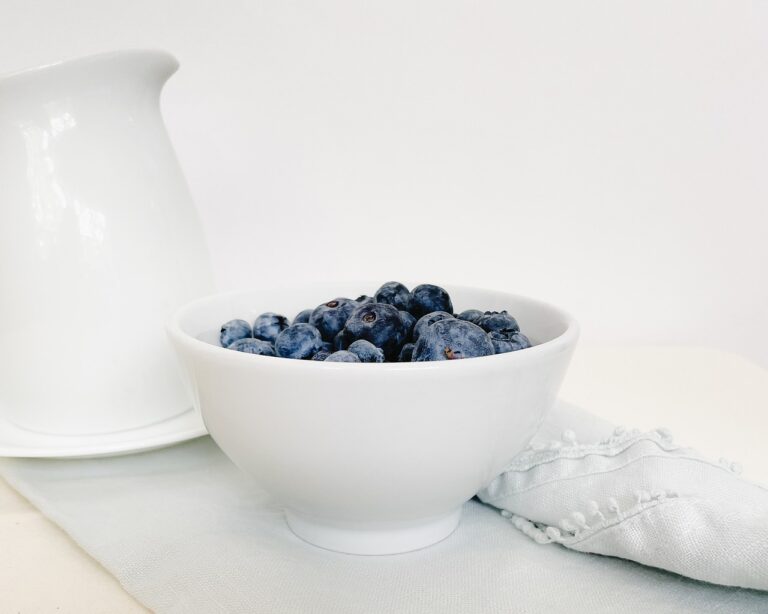The Role of Vitamin K in Blood Clotting
world777 login, 11xplay online, betbook247:Vitamin K is a crucial nutrient that plays a vital role in blood clotting. Without it, your body wouldn’t be able to form blood clots properly, which can lead to excessive bleeding and other serious health issues. In this article, we’ll dive into the importance of vitamin K in blood clotting and how you can ensure you’re getting enough of this essential vitamin in your diet.
What is Vitamin K?
Vitamin K is a fat-soluble vitamin that is essential for proper blood clotting. There are two main forms of vitamin K: K1 (phylloquinone) and K2 (menaquinone). Vitamin K1 is found in green leafy vegetables, such as kale, spinach, and broccoli, while vitamin K2 is found in fermented foods like cheese and natto.
The Role of Vitamin K in Blood Clotting
When you cut yourself, your body goes into action to stop the bleeding. This process, known as blood clotting, relies on a series of proteins in your blood called clotting factors. Vitamin K plays a crucial role in the production of these clotting factors, specifically factors II, VII, IX, and X.
Without enough vitamin K, these clotting factors cannot be produced, leading to a condition known as vitamin K deficiency. This can result in prolonged bleeding times, easy bruising, and in severe cases, internal bleeding.
How to Get Enough Vitamin K
The recommended daily intake of vitamin K varies by age and gender, with adults generally needing between 90-120 micrograms per day. To ensure you’re getting enough vitamin K in your diet, focus on incorporating vitamin K-rich foods such as:
– Green leafy vegetables like kale, spinach, and collard greens
– Broccoli and Brussels sprouts
– Fermented foods like cheese and natto
– Meats such as liver and beef
If you have trouble getting enough vitamin K through your diet alone, consider taking a vitamin K supplement. It’s always best to consult with a healthcare provider before starting any new supplements.
Are There Risks of Too Much Vitamin K?
While vitamin K is essential for blood clotting, it is possible to have too much of a good thing. Excessive vitamin K intake from supplements can interfere with certain blood-thinning medications, such as warfarin. It’s important to talk to your healthcare provider before starting any new supplements if you are on blood-thinning medications.
FAQs:
1. Can vitamin K deficiency lead to serious health issues?
Yes, vitamin K deficiency can lead to serious health issues such as excessive bleeding, easy bruising, and in severe cases, internal bleeding.
2. How can I ensure I’m getting enough vitamin K in my diet?
Focus on incorporating vitamin K-rich foods like green leafy vegetables, broccoli, fermented foods, and meats into your diet. Consider taking a supplement if needed, after consulting with a healthcare provider.
3. Are there risks of taking too much vitamin K?
Excessive vitamin K intake from supplements can interfere with certain blood-thinning medications. Always consult with a healthcare provider before starting any new supplements.







